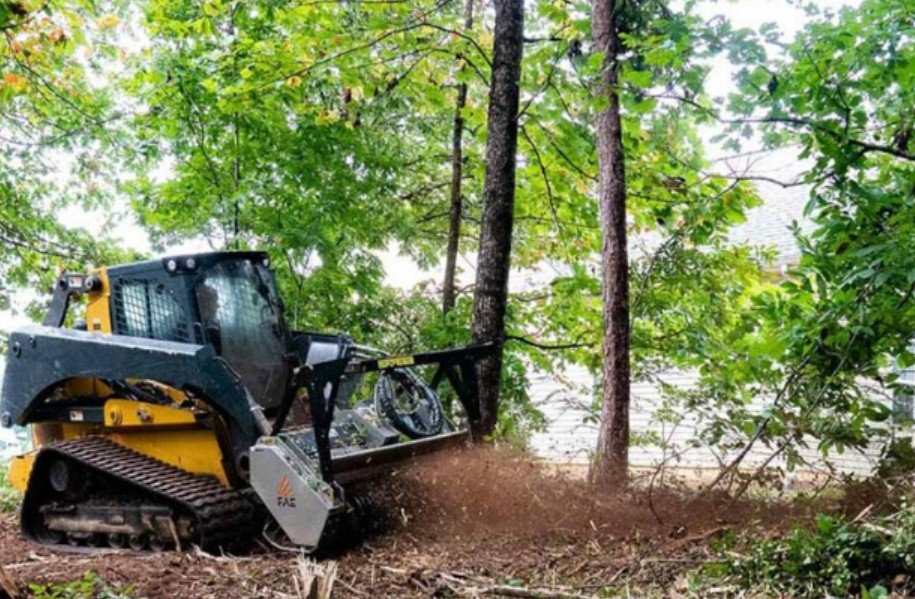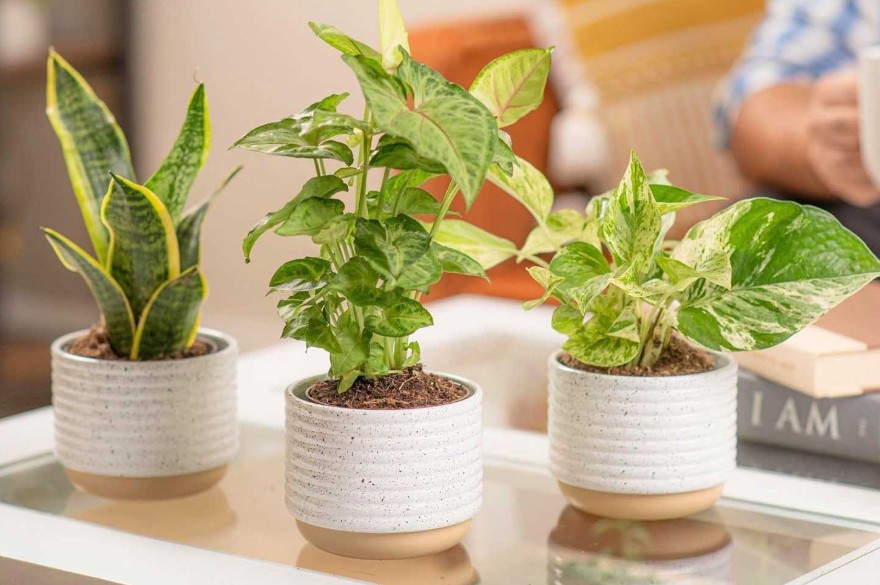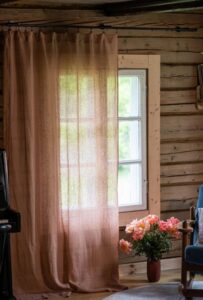Brunnera, with vivid white leaves and spring blue blooms, is amongst the colorful perennials that tolerate shade.
The Olympian
Near the end of April we all want it to get a jump start on growing tomatoes, peppers, squash and basil. Slow down everyone. Western Washington still can have cool nights — even in the 30s — this time of year, and one nip at night can stunt the growth of heat-loving crops for months.
If you have already planted these heat-seeking plants, you may be able to stop the cold shoulder by covering them at night to keep them warm. A light sheet can raise the night temperature a few degrees. Or you can bring potted plants close to the house and under cover.
To quench the thirst to plant something now, add potted shrubs and trees, perennials, ground cover and cold-tolerant annuals. The blooming plants that will survive cooler nights include snapdragons, pansies, dracaena, poppies, petunias, geraniums and alyssum.
Q. I have a shaded bed near the house. I want to plant things that will come back year after and be colorful for most of the year. What do you suggest besides hosta? I do not like hosta. — B.H., Kent
A. There are a host of perennials for the darkness that don’t include the slug magnet called hosta. Try brunnera with bright white leaves and spring blue blooms, hardy fuchsia with late summer flowers on shrubby plants, primroses for early spring color and the hard-working hellebores for winter blooms. For summer-long color and texture, the shade-loving Black Mondo Grass and brilliant yellow Japanese Forest Grass are easy to grow. Plant all of these this month for many happy returns.
Q. I have a very hot deck and am gone a lot in the summer. I also have a bright blue pot that I bought after seeing the ones you showed on Facebook that you found at Costco. So my question is: What will survive in this pot if I am not around to water for two weeks at a time? — T., Enumclaw
A. Yuck it up and say yes to yucca and you’ll come home to a living plant in your hot spot. The yucca ‘Gold Band’ looks great in a dark blue pot and the spiky leaves resist deer, slugs and drought. To add more color, mulch the top of the soil with beach glass or marbles and for added comfort (yours, not the yucca) clip off the sharp thorns that live at the ends of each leaf. Two more reasons to love a yucca: They will survive the winter, and they make new babies that are easy to detach from the mother, increasing your supply.
Meet Marianne
Meet gardening columnist Marianne Binetti at 10 a.m. Saturday, April 22, at Molbaks Garden + Home, 13625 NE 175th St, Woodinville, for a free talk, “Weed Wars: How to beat the weeds without chemical warfare.”
Marianne Binetti has a degree in horticulture from Washington State University and is the author of several books. Reach her at binettigarden.com.








